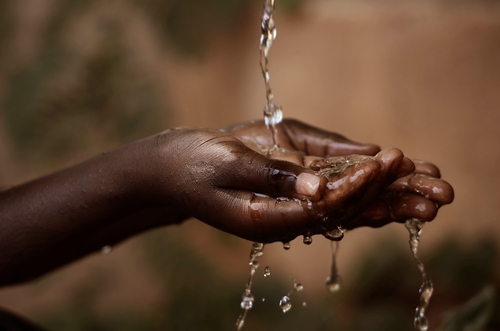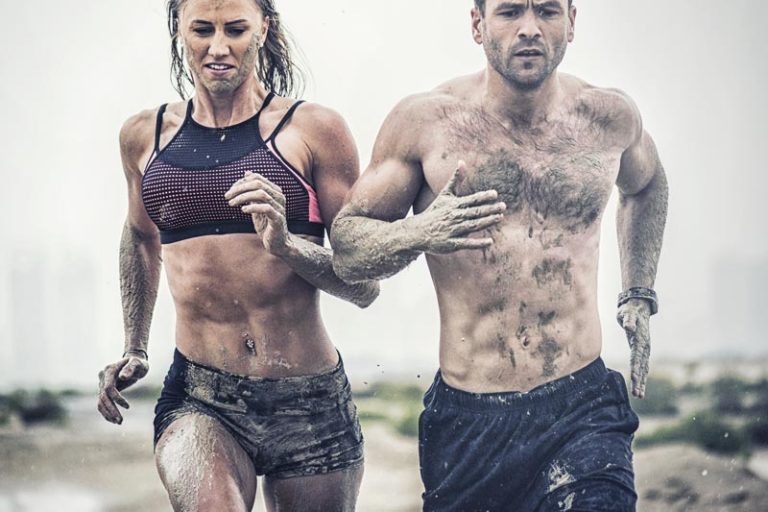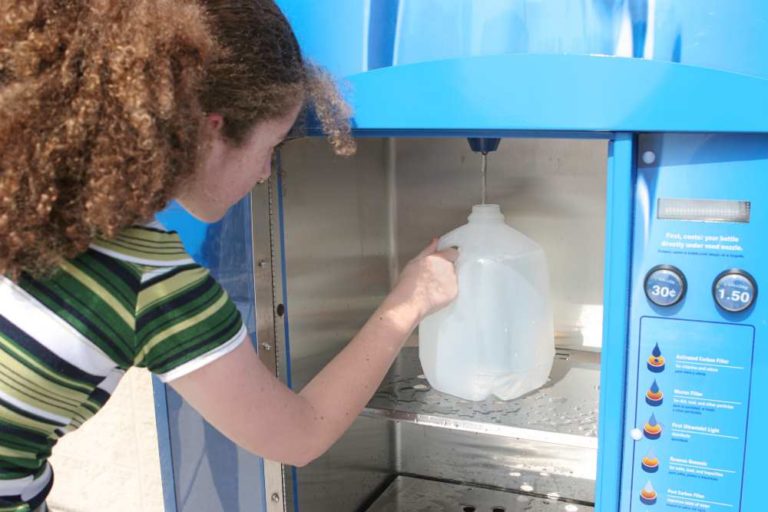
Water for society – Including all
World Water Week, the leading annual event on global water issues, was held in Stockholm from August 25-30, 2019. https://www.worldwaterweek.org World

Many people overlook water when it comes to nutrition however they should know water is an important nutrient. It is not only important for dissipating heat athletes release after exercise but also affects their athletic performance in relation to the hydration levels.
How to Keep Hydrated While Exercising
Normally about two and a half cups of water is lost every day through respiration and evaporation through the skin. When we sweat a large amount of water is also lost through sweating which greatly increases the amount of water required. Athletes should replenish themselves after short intervals to ensure they are at optimal physical performance.
Water is the best way to maintain the recommended level of fluids during training sessions which last less than an hour. For longer events it is best to have a drink filled with electrolytes. A water ionizer contains water that is completely safe to drink and contains enough electrolytes to maintain the salt levels in the body. A water ionizer can be bought for your own home to receive a steady supply of water at any time of the day. It saves money spent on Gatorade and other sports drinks and since water is completely natural there is no better substitute.
The rate at which the stomach empties of water actually depends on the intensity of the workout and the volume of fluid intake. Fluid intake that is more than 1 liter per house increases the rate at which the stomach is emptied. However, water with electrolytes can slow down this process which is why ionized water is preferred. Athletes should also drink cool water as it increases the amount a person voluntary consumes while exercising.
What Happens When Athletes Do Not Drink Enough Water
Dehydration affects an athlete’s performance in more ways than one. It makes cardiovascular drift much worse which occurs when exercising for extended periods of time at a moderate extensity. The heartbeat increases progressively and the amount of blood pumped through the heart with each beat decreases. This state is created through prolonged exercise but being dehydrated exacerbates it and drinking enough water can help prevent the production of this response in the body.
It is important to note that feeling thirsty does not indicate you are dehydrated and one should drink water even before they feel the urge to drink. Keeping a water bottle with you at all times can help prevent getting dehydrated.
Share with Friends
For over 20 years, thousands of customers worldwide rely on Best Water for our excellent one-to-one support, high quality products and competitive pricing. If you have any questions at all please call us. Our experienced techs are ready to help! Learn more about us.
Featured
Drink healthy, hydrogen-enriched water on the go with the AOK 808
The only USA-made water ionizer filter that has certified independent test results for reducing 172 contaminants by 99.9%.
World’s most advanced natural filter, alkalizer, ionizer and hydrogen system all in one affordable package.
Follow Us
Latest Posts

World Water Week, the leading annual event on global water issues, was held in Stockholm from August 25-30, 2019. https://www.worldwaterweek.org World

It’s Saturday morning, the sun is shining and it’s a perfect day to go out for a paddle. You grab

Since time immemorial scientists, philosophers and even us mere mortals have asked the question: are we alone in the universe?
Popular Posts

Water vending machines are as common in grocery stores as ATM machines but what kind of water are they really
For over 20 years, thousands of customers worldwide rely on Best Water for our excellent one-to-one support, high quality water ionizer products and competitive pricing. If you have any questions at all please call us. Our experienced techs are ready to help! Learn more about us.
© 2019 Best Water Inc. All Rights Reserved. Website & Branding by Elite Web Design